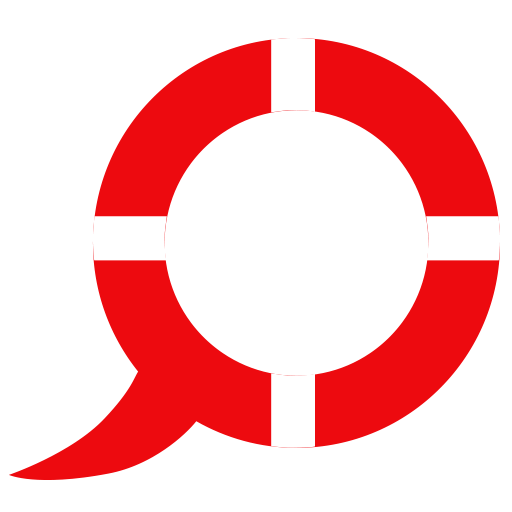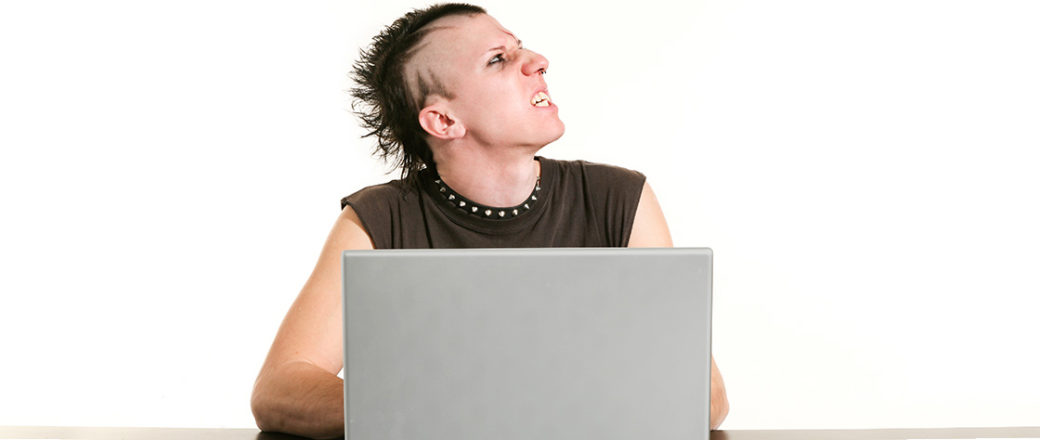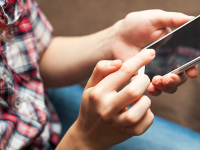In social networks, I frequently receive friend requests from people I don’t know. Should I accept them?
Don’t do that. Talking to strangers, especially on social networks, isn’t safe. If a stranger approached you on the street and tried to talk to you, you would know better than to respond. However, on the street, you at least have some idea of whom you are talking to. You can easily define their age and sex and thus gauge how risky talking to the person might be. On the Internet, however, anyone can pretend to be anyone. You could chat with someone for several years without ever being sure who your “friend” really is. Doesn’t that seem creepy?
Online conversations with strangers should be limited to anonymous correspondence (it’s inevitable in the communities/forums you use to ask questions, or in gaming chats). Just don’t let this communication evolve into an online friendship.
What is personal data? Why shouldn’t I share it?
In a broader sense of the word, personal data is anything that can identify you. Primarily, it’s your documents, but it’s also information about you: your first and last name, your address, phone number, even the name of your school. In some respect, even your photos can be deemed personal data. In short, personal data is anything that identifies you.
This data must not be shared. Sharing it could make you, your parents, and their property into a target for an adversary.
It’s my blog and my social media account — why shouldn’t I post what I want?
Of course you can publish what you see fit (as long as it’s legal). It is wise to think about the long-term consequences, however. For example, when you grow up, you will need a good job. And today, the majority of employers do check candidates’ social network profiles. That why you should think twice before posting nude photos, photo reports from parties, or your views on politics, religion, or sexual orientation. Are they all worth a good job position in your future?
And never forget that cyberbullies can find your account (not only today but also in the future). What if you become a celebrity in the future, or a politician? They will gladly find anything questionable in your history to make a scandal.
How do I apply appropriate privacy settings on social networks?
We have a number of instruction sets with detailed information on how to apply security settings on the most popular social networks. There are some common rules for privacy settings on social network accounts:
- The more personal your blog is, the more stringent the privacy settings should be. So, if you have a photo blog you publish under a pseudonym, where you post only kitten photos and landscapes and don’t refer to your other social network profiles, the privacy settings may be quite mild. However, if you frequently post selfies or enable geotags, make your profile as private as possible.
- Your Facebook account should be “friends only.” Also, think carefully whether you want all of your friends to have the same access rights — for example, you might consider opening comments under your photos only to close friends.
- Only your friends should be able to send direct messages to you.
 Kids Safety
Kids Safety





